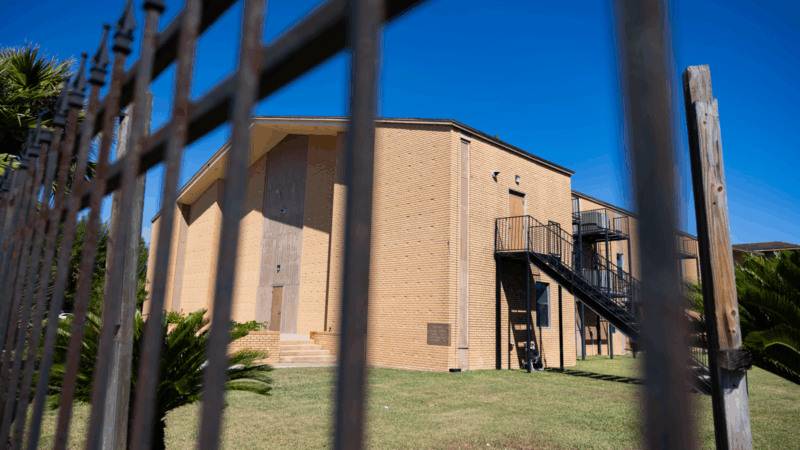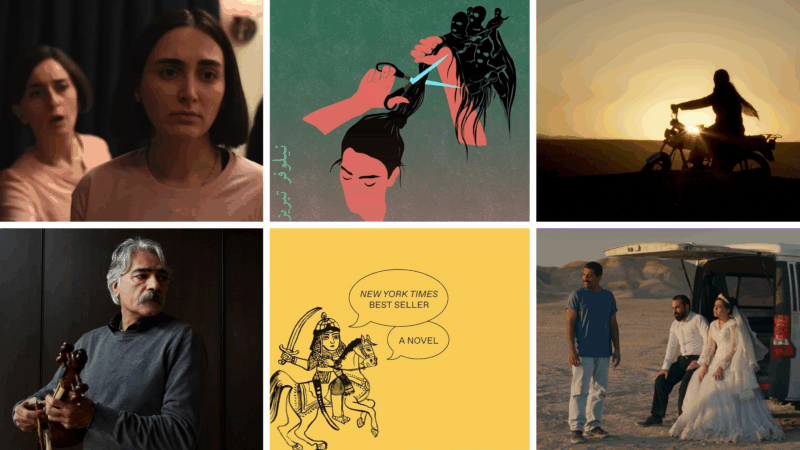‘I just walked out’: The sole survivor of the Air India crash shares his story
The sole survivor of the Air India crash that killed over 240 people also doesn’t know how he made it out alive.
But, lying in a hospital bed on Friday morning, Viswashkumar Ramesh did his best to explain.
“I can’t believe myself how I came out of it alive, because for a while I thought I was going to die as well,” Ramesh told Indian national broadcaster DD News. “But when I opened my eyes, I saw that I was alive. So I tried to open my seat belt, and I was able to get out.”
Ramesh was one of the 242 people on board the London-bound Boeing 787 Dreamliner, which crashed in the northwestern Indian city of Ahmedabad shortly after takeoff Thursday.
Everyone else on board died, and authorities say casualties will likely also include people who were inside a medical college hostel that the plane struck.
Ramesh, whom India Air identified as “a British national of Indian origin,” lives in London with his wife and child. The 40-year-old was returning to the U.K. with his brother after visiting family abroad when tragedy struck.
“After takeoff, after 5-10 seconds, it seemed like the aircraft was stuck,” he said, adding that green and white lights came on inside the plane before it hit the building.
Videos from the scene suggest the plane was in the air for only about half a minute before descending and crashing in a blaze of fire.
Ramesh was sitting in seat 11A — a window seat in the first exit row of standard economy — according to a passenger list released by the airline. He said his part of the plane landed “on the ground floor” of the hostel — and he noticed the emergency door was broken by the impact.
“When my door broke, I saw there was a bit of space,” Ramesh said. “So I tried to get out and I was able to get out.”
Speaking to The Hindu, Ramesh clarified that he hadn’t needed to jump out of the plane: “I just walked out.”
Video shared by Indian media shows Ramesh, in a white T-shirt smeared with what looks like blood and dirt, limping toward an ambulance. He can be seen in interviews with a laceration on one side of his face and a bandage on his left hand, which he said was “burnt slightly” in the fire.
Dr. Dhaval Gameti, who treated Ramesh at the Ahmedabad Civil Hospital, told the Associated Press that he was “disoriented with multiple injuries all over his body,” but “seems to be out of danger.”
His survival story, however, is bittersweet. His brother Ajay, sitting across the aisle in 11J, was among the many killed.
Back in the U.K., Ramesh’s other brother, Nayan Kumar Ramesh, told reporters that he video-called their dad immediately after the crash, saying he’d somehow survived but couldn’t find his brother.
“When he called us he was just more worried about my other brother, like ‘Find Ajay, find Ajay,'” Nayan told the BBC. “That’s all he cares about at the moment.”
Ramesh was sitting in what usually isn’t the safest place
Ramesh has called his survival “a miracle.”
It’s especially remarkable considering where he was sitting: toward the front of the aircraft. The prevailing wisdom has long been that the safest part of the plane is the back.
“Typically in an airplane accident, being in the back of the airplane is better because you sort of have the front of the airplane as a shock absorber to take some of the impact loads,” explains John Hansman, a professor of aeronautics and astronautics at MIT.
But in this case, which Hansman describes as a “landing accident,” the landing gear and tail were likely the first part of the plane to hit the ground, based on videos showing the plane’s descent.
“Because the tail hit first it would have then caused the whole fuselage to rotate forward and slam into the ground, and that would cause breaking of the fuselage,” Hansman said. “If he said he went through a break, that was what caused that break.”
Importantly, Hansman said, it was that opening, and Ramesh’s quick thinking, that allowed him to get out of the plane and far enough away before he could get severely burned.
“In some cases you can survive the impact damage, but then the fire can be what actually ends up being the problem,” he adds.
Hansman says there’s no one safest seat on the plane — it varies based on the model and the type of crash. And while accidents like this are incredibly rare, he says there are best practices flyers should follow in case of any emergency — which will come as no surprise to anyone who’s heard an airplane safety briefing.
“Put your seat belt on tight, know where the exits are,” he says. “And as was shown in this case, getting out quickly is really important. So don’t wait and grab your stuff, just … get away as quickly as you can.”
Pregnant migrant girls are being sent to a Texas shelter flagged as medically risky
Government officials and advocates for the children worry the goal is to concentrate them in Texas, where abortion is banned.
The 2026 World Cup faces big challenges with only 100 days to go
Will Iran compete? Will violence in Mexico flare up? And what about funding for host cities in the U.S.? With only 100 days left before it beings, the 2026 World Cup in North America is facing a lot of uncertainty.
A glimpse of Iran, through the eyes of its artists and journalists
Understanding one of the world's oldest civilizations can't be achieved through a single film or book. But recent works of literature, journalism, music and film by Iranians are a powerful starting point.
Mitski comes undone
She may be indie rock's queen of precisely rendered emotion, but on Mitski's latest album, Nothing's About to Happen to Me, warped perspectives, questionable motives and possible hauntings abound.
This quiet epic is the top-grossing Japanese live action film of all time
The Oscar-nominated Kokuho tells a compelling story about friendship, the weight of history and the torturous road to becoming a star in Japan's Kabuki theater.
The Live Nation trial could reshape the music industry. Here’s what you need to know
On Tuesday opening statements will begin for the federal antitrust trial against Live Nation, one of the largest entertainment companies in the world.








